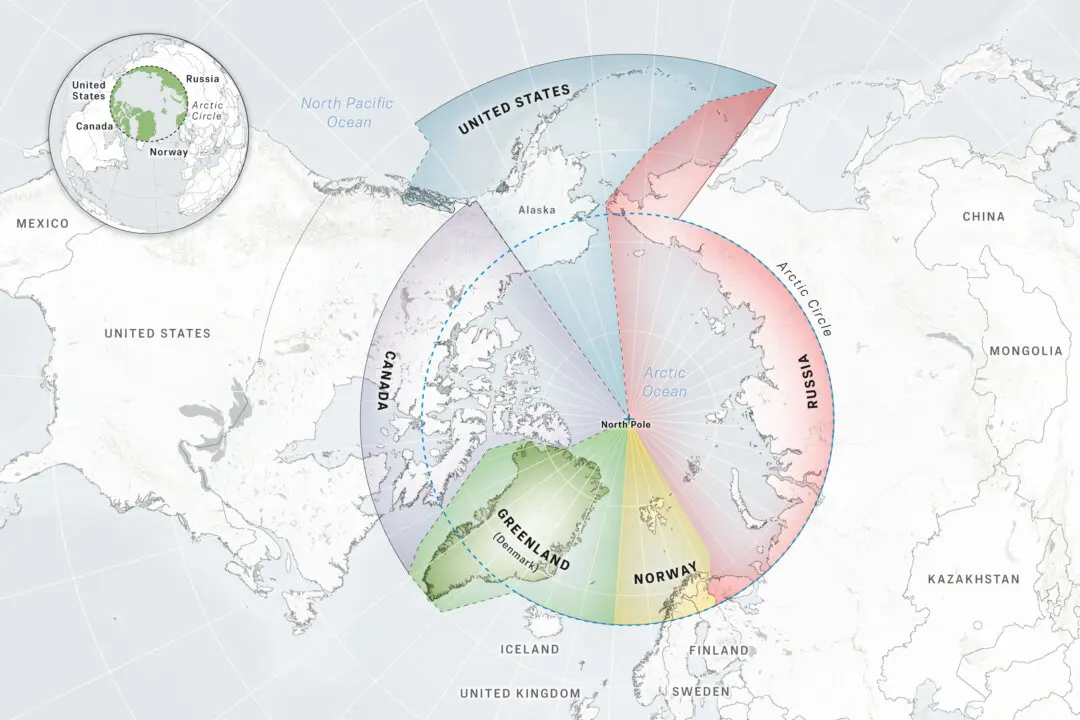Argentines are growing increasingly frustrated with inflation, soaring poverty, and unemployment rates in their country, which stem from the government’s socialist economic policies.
“Our situation wasn’t good even before the pandemic. My family can barely afford basic things. Inflation has been out of control for years. One of our neighbors asked my father to borrow money for food just last week,” Jorge Alvarez, a 24-year-old university student from La Plata, told The Epoch Times.





